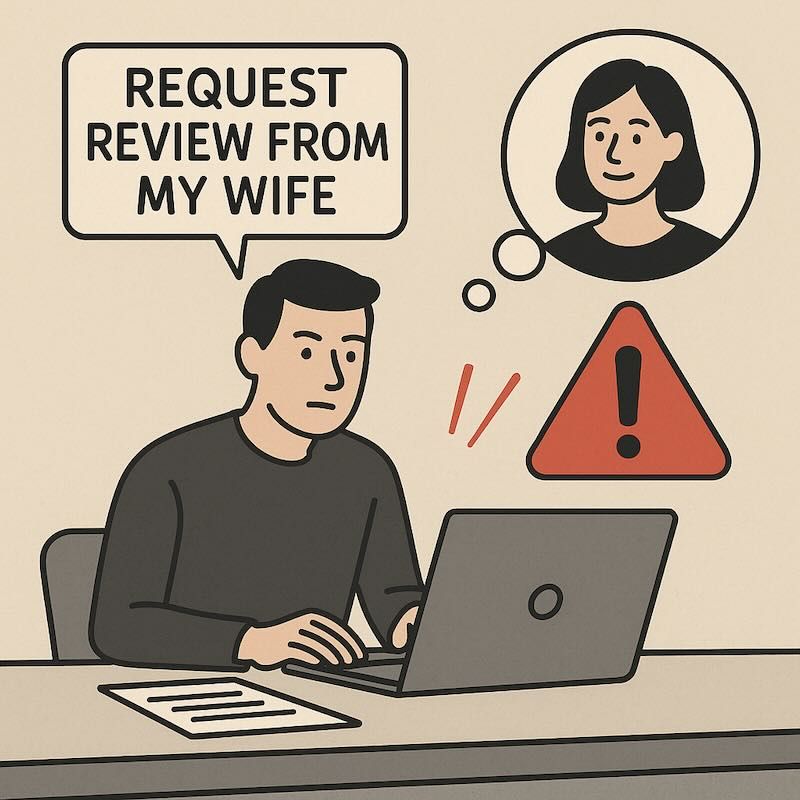Should Authors Recommend Their Reviewers? A Peer Review Dilemma
-
In the realm of academic publishing, peer review has long been revered as the gatekeeper of scientific integrity. Yet a lingering question continues to stir debate: Should authors be allowed to recommend reviewers for their own submissions?
A recent case from the medical journal Cureus reignites this controversy, prompting the research community, computer science included, to reconsider the implications of this seemingly harmless practice.

 The Cureus Crackdown: When Author Recommendations Go Wrong
The Cureus Crackdown: When Author Recommendations Go WrongOn August 25, 2025, Cureus stunned its contributors with a bold move: it banned authors from recommending reviewers altogether. The rationale was simple yet concerning — too many recommended reviewers were discovered to be mentors, collaborators, or even spouses of the authors. The result? A peer review process at risk of being compromised by favoritism or outright manipulation.
This isn’t speculation. There are hard-hitting cases:
- In 2021, a U.S. medical resident invited his wife to review his article without disclosing their relationship. Outcome? Five retractions.
- In 2019, another author forged identities of two well-known neurosurgeons as reviewers. Only an internal audit exposed the fraud.
These aren't isolated to medicine. Computer science has its own share of peer review integrity scandals, particularly in areas where conferences are competitive and decisions swift.
🧠 The New Cureus Policy: Advisers, Not Reviewers
The Cureus solution? Authors can now name up to five “advisers”, who may offer informal suggestions, but will not serve as official reviewers. It's a pivot designed to reduce conflicts of interest, but it introduces its own ambiguity.
As Adrian Barnett of Queensland University of Technology asks:
“Will advisers' comments be made public? Will reviewers get to see them? Is this a hasty patch or a real fix?”
More concerning is that Cureus’s parent company, Springer Nature, has yet to clarify the official role of these advisers — adding another layer of opacity to a process that already struggles with transparency.
 ️ Risks of Author-Recommended Reviewers
️ Risks of Author-Recommended ReviewersThis policy shift raises deeper concerns applicable across disciplines, including computer science:
- Conflict of Interest: Even subconsciously, reviewers familiar with the author may give favorable assessments.
- Reviewer Rings: Coordinated recommendations can lead to echo chambers and citation cartels.
- Undermining Anonymity: In many CS conferences, single-blind or even double-blind review models are strained when author-recommended reviewers are insiders.
Indeed, the most egregious manipulations involve fake email accounts, AI-generated reviewer identities, and review brokering rings — tactics that game the system, not challenge it scientifically.
 The Other Side: Why Some Still Support It
The Other Side: Why Some Still Support ItTo be fair, author-suggested reviewers aren't all bad:
- Niche Expertise: In emerging subfields (like neurosymbolic ML or graph RL), finding qualified reviewers is tough. Authors may help editors discover specialists.
- Faster Turnaround: Editors often face delays. A shortlist of ready reviewers can accelerate decisions.
But these benefits do not outweigh the mounting evidence of abuse, especially without robust editorial safeguards and conflict checks.

 ️ Recommendations for the CS Community
️ Recommendations for the CS CommunityAs computer science evolves (with hybrid conferences, rolling review models, and growing publication pressure) we must protect peer review integrity. Here are a few recommendations:
- Require Disclosure: If authors recommend reviewers, mandate full disclosure of past collaborations or relationships.
- Cross-Check Relationships: Use tools (or ORCID graphs) to auto-flag suspiciously close reviewer ties.
- Default to Editor-Selected Pools: Encourage diversity in reviewer selection through editorial boards, not author input.
- Open Peer Review: Consider models where reviews are published post-acceptance, increasing accountability.
🧩 Peer Review Needs Fewer Loopholes, More Transparency
The Cureus case reminds us that the trust placed in peer review is fragile, and easily broken when authors steer the process too closely.
Whether in medical science or computer science, we must ask: Are we safeguarding the meritocracy of science, or creating a façade of fairness?
It’s time to rethink the incentives, strengthen editorial independence, and build peer review systems resilient to manipulation request-review-from-wife— even if it means letting go of the illusion that authors always know best.
Have you encountered questionable peer review practices in your own field? Share your experiences below.
